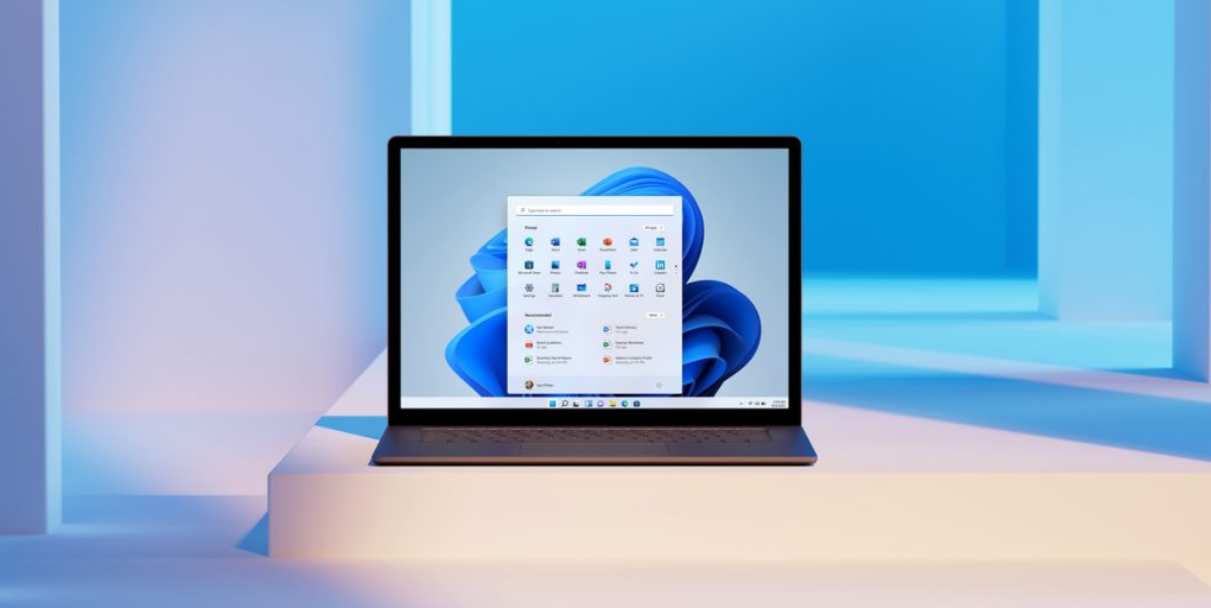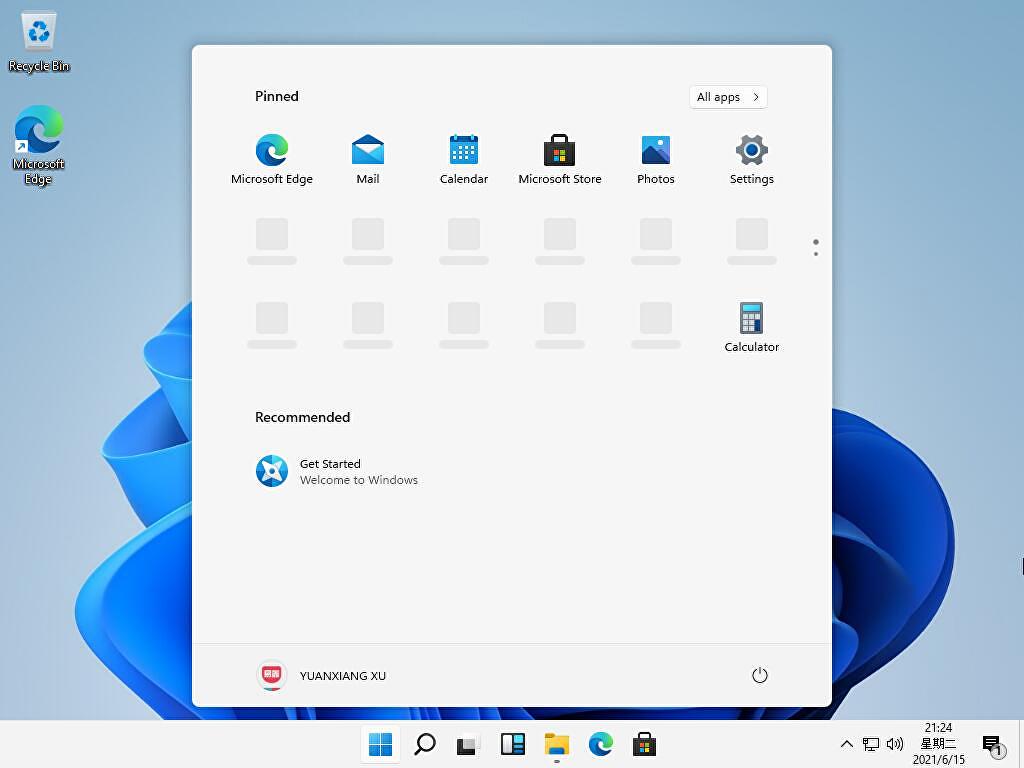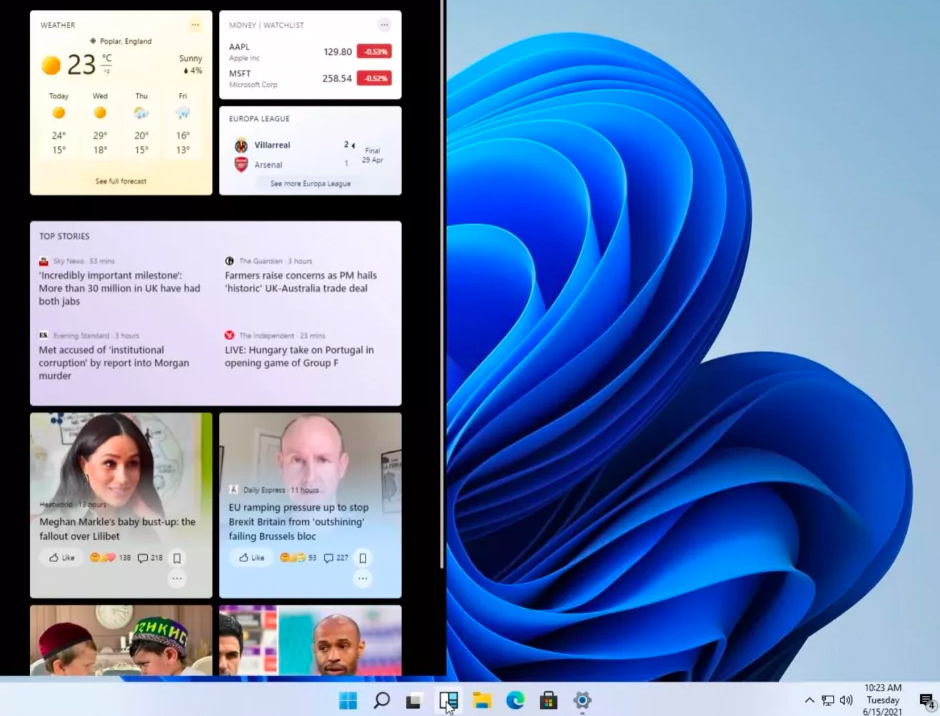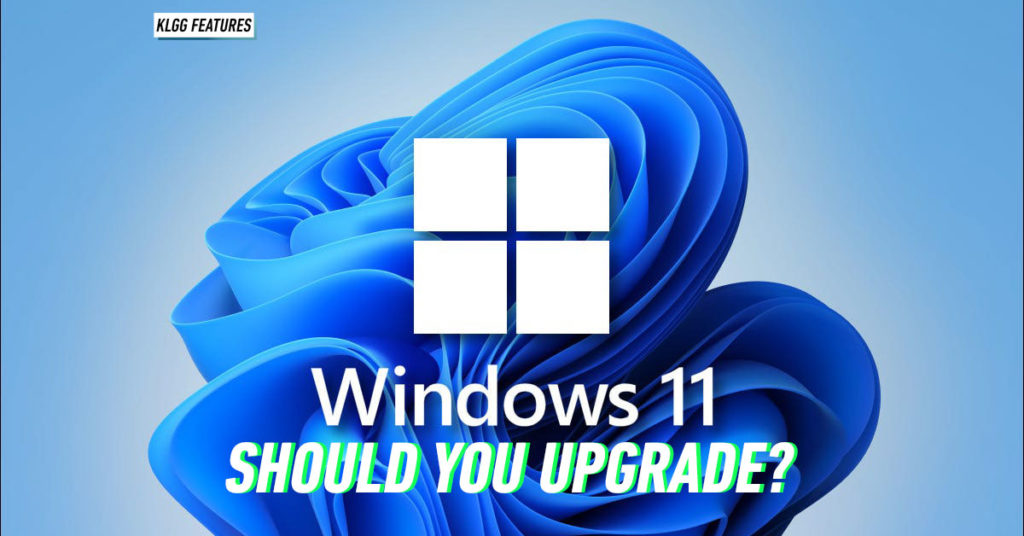Windows 11 is now available in Malaysia and it brings with it an array of aesthetic and functional improvements – receiving the update however, isn’t as straightforward for some people. There have been reports of several gnarly bugs that sour the overall experience of using Microsoft’s new OS.
So, to those who’ve yet to decide whether they should go out of your way and get the new OS, this article is a going to be filled with my takes on why they probably shouldn’t.
What’s changed?

Also taking a page from the fruit company’s playbook is the new control centre – although at first glance, the placement of all the familiar icons, such as WiFi, volume, and time, look unchanged; simply click on any one of the icons and you’ll be greeted with a pop-up that groups all of the aforementioned features, and more, into one neat space – which is something Apple does with the macOS.

Teams is now baked-in with the OS, and you get a nice bump in touchscreen, voice, and pen support – nifty features if you’re using a 2-in-1 device like the Microsoft Surface.
What’s wrong with it?
Not a lot, to be fair – it’s actually pretty great; but that’s down to how familiar it feels to use when compared to Windows 10. The new OS doesn’t break new ground or change anything too drastically.

With that said, there are several known bugs and issues that make life more difficult if you’re unlucky enough to encounter them. One of the more egregious issues is that the update slows down AMD-powered systems to a painful crawl – reports have surfaced claiming that the new update can reduce the performance of Ryzen CPUs by a whopping 15%.
Besides that, other reported issues caused by Windows 11 include File Explorer memory leaks, taskbars not properly being updated, lag when dragging windows around, and more.
So should you upgrade?
At the moment, I don’t see the OS offering enough to justify you rushing to update your system. At its current state, it functions very similarly to Windows 10 – which is all the more reason why you don’t need update, especially if that means – for you – forking out cash on a compatible device (you can read up on its system requirements here).
Once all the bugs are ironed out, and features made available – then go ahead and click that update button.

